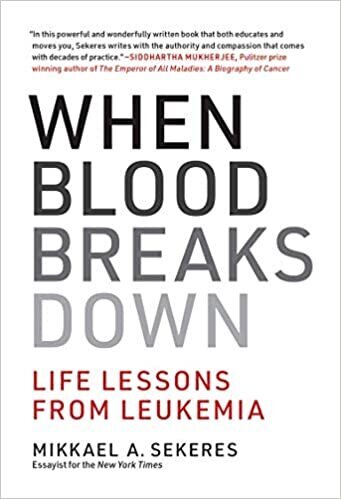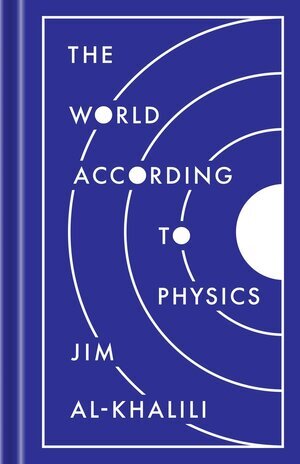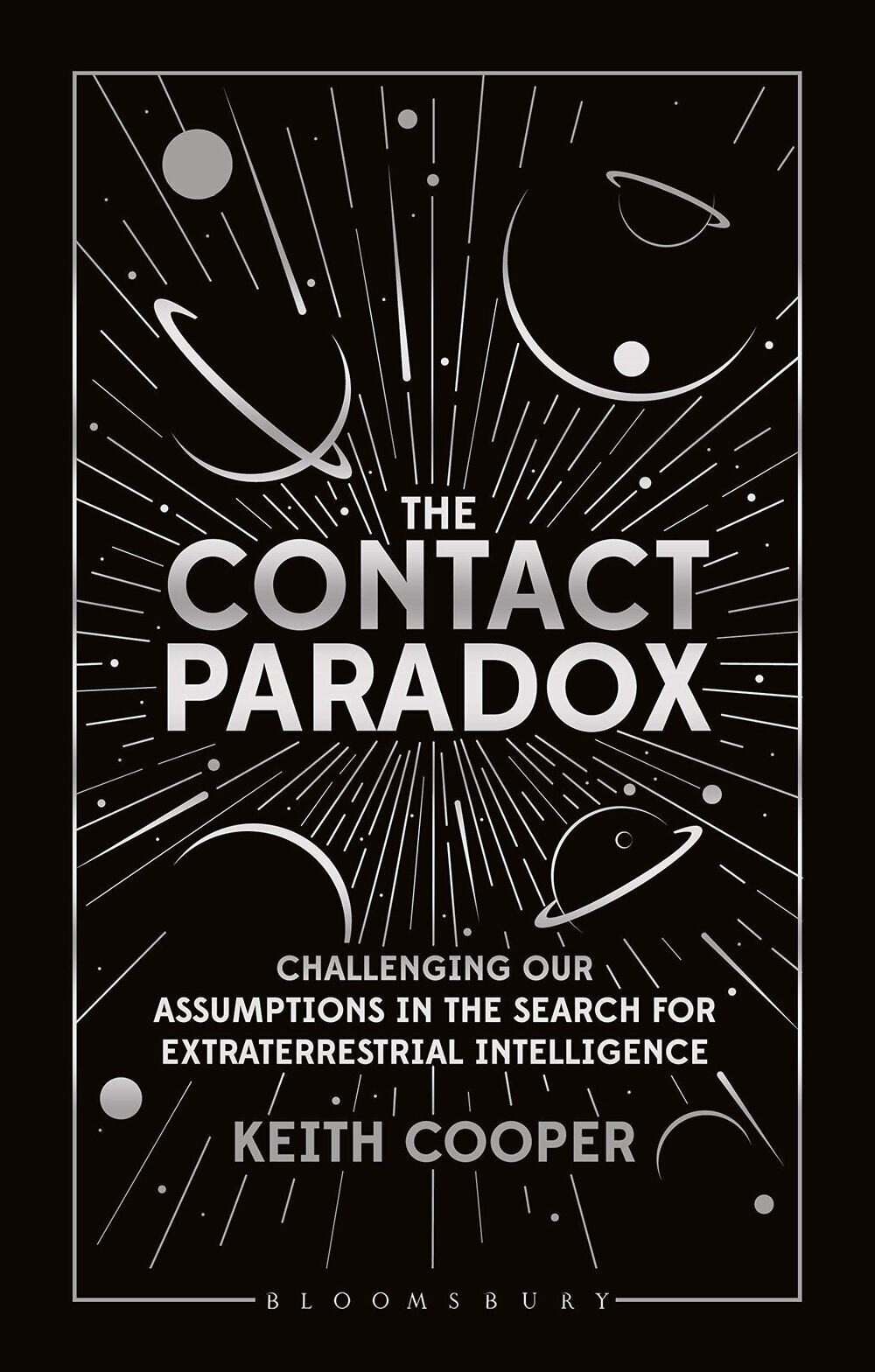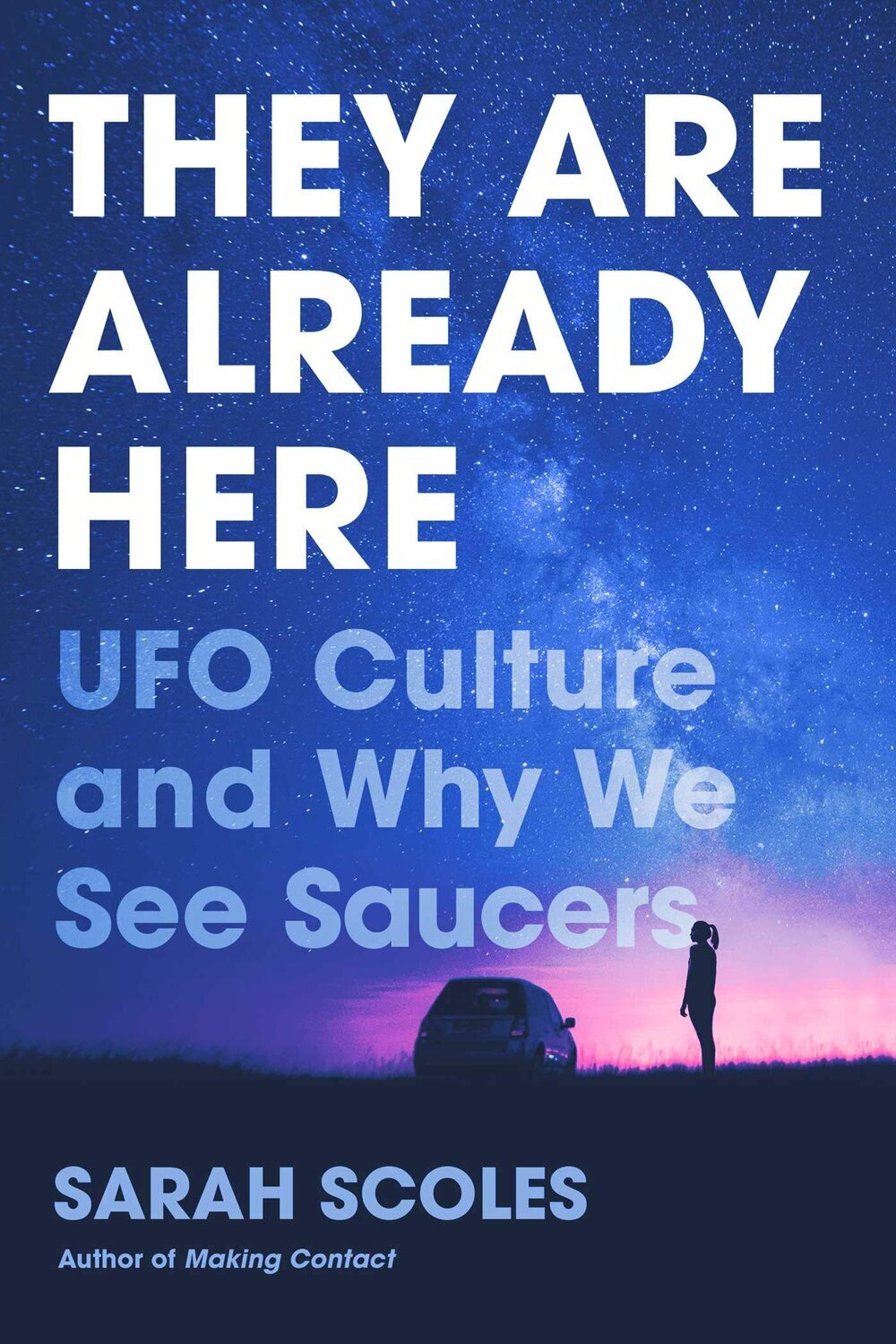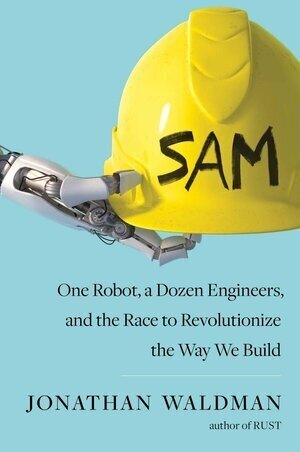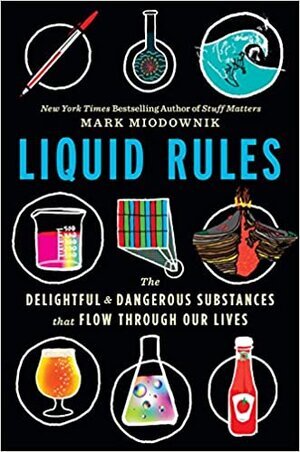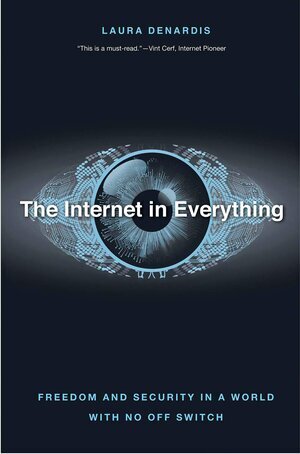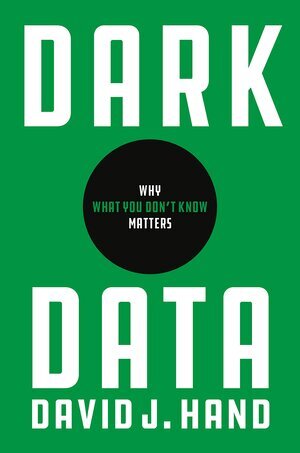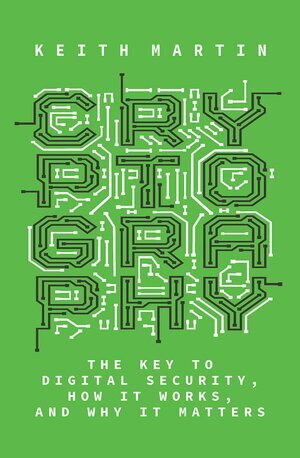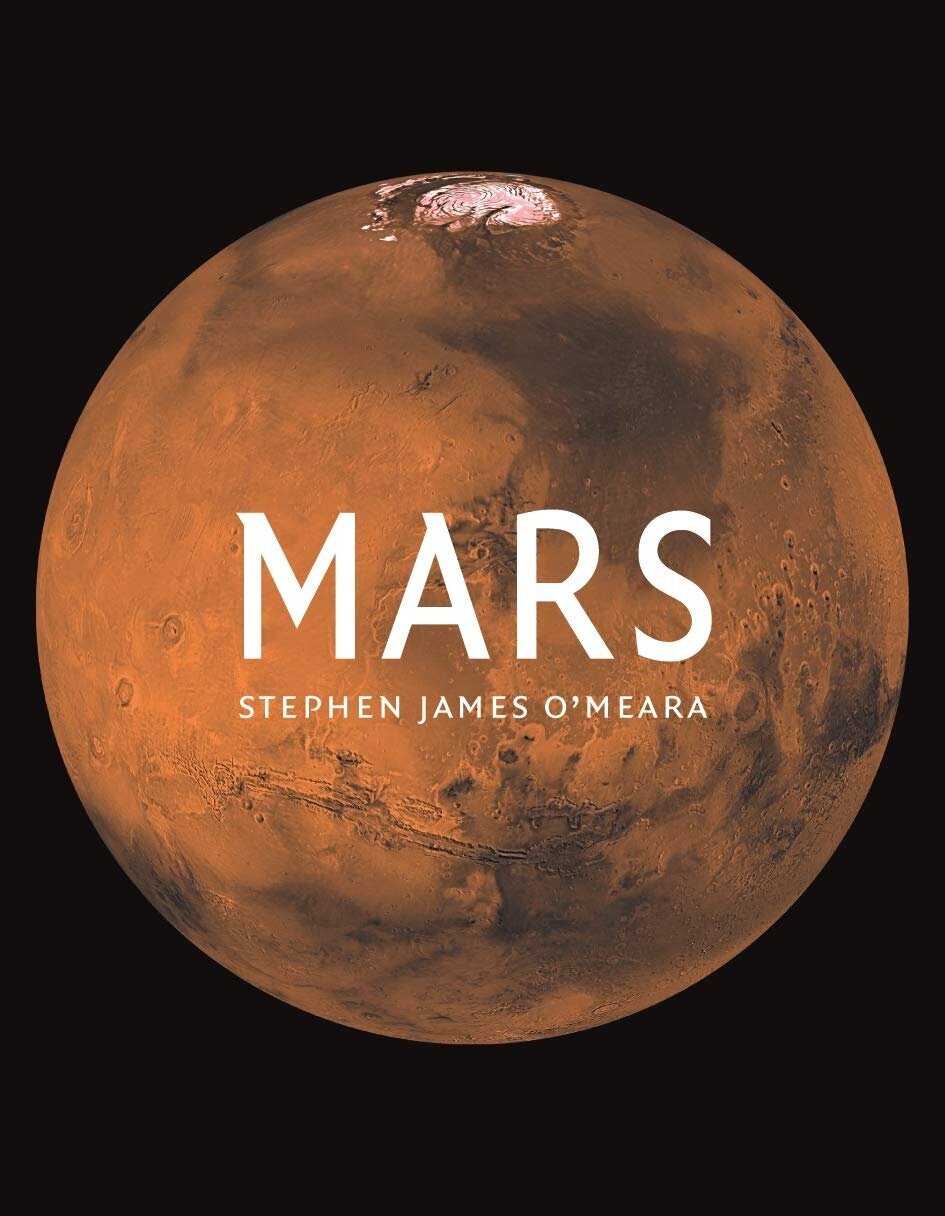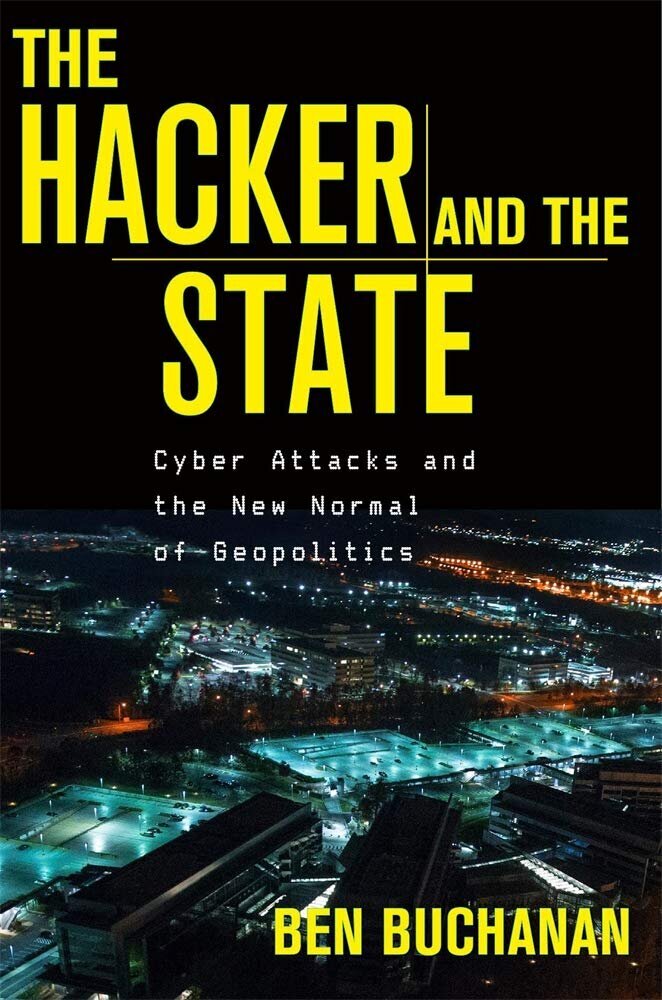The Best Books of 2020: Science!
/Even the exclamation point at the end of the word “science” feels almost like a betrayal in December of 2020, a year in which science entered everyday life in the most apocalyptic way anybody had seen in over a century. Science described the new horror that afflicted the lives of every single person on the planet (even though 100 million of those people, located almost exclusively in the United States, refused to believe that it even exists), and naturally science was badgered to control, contain, analyze, and cure that same horror. And although 2021 will likely see an explosion of books about COVID-19, 2020 was still blissfully free of that baleful concentration, and these were the best of them:
10 When Blood Breaks Down: Life Lessons From Leukemia by Mikkael Sekeres (MIT Press)
In fine-etched and moving prose, Mikkael Sekeres tells the stories of three adult leukemia patients, their sufferings and triumphs, the human dimensions of their experiences, and, along the way, the natural history of leukemia itself, doing for the disease what The Emperor of All Maladies did for cancer.
9 The World According to Physics by Jim Al-Khalili (Princeton University Press)
Quantum physicist Jim Al-Khalili here breaks down the simple and complex concepts of physics into the kind of effortlessly authoritative and accessible guidebook every student of the field wishes they’d had.
8 The Contact Paradox by Keith Cooper (Bloomsbury Sigma) & They Are Already Here by Sarah Scholes (Pegasus Books)
These two winning and highly enjoyable books tackle the Fermi Paradox (if the universe is unimaginably old and vast, where are all the aliens?) from opposite angles: Keith Cooper examines the search for extraterrestrial life, and Sarah Scholes looks lovingly at the true believers who are sure extraterrestrials are closer than we think.
7 SAM: One Robot, A Dozen Engineers, and the Race to Revolutionize the Way We Build by Jonathan Waldman (Avid Reader Press)
The Holy Grail of this fascinating book is disarmingly simple: building a robot that can lay bricks. But in telling the story of that Holy Grail - and the indelible assemblage of dreamers and tech-hackers seeking it - a much larger and even more fascinating story emerges, because once you actually do build a robot that can lay bricks, you’ve fundamentally changed the world.
6 Liquid Rules: The Delightful and Dangerous Substances That Flow Through Our Lives by Mark Miodownik (Mariner Books)
The sheer ubiquity of liquids - not only water but tea, wine, coffee, ink, many kinds of fuel, not to mention blood - is the theme of this hyperactive but engaging book, with the author taking readers beneath the surface of how these liquids work and how their use, and our understanding, has evolved as science developed.
5 The Internet in Everything: Freedom and Security in a World with No Off Switch by Laura Denardis (Yale)
The rise of ‘smart’ technology in all aspects of daily life, from airplane navigation to physician diagnostics to home thermometers to wrist-worn fitness trackers, should be alarming to any thinking person, and the main wisdom of Laura Denardis’ book is how far beyond unhelpful alarm it goes - this is a wise and, I fervently hope, useful study.
4 Dark Data: Why What You Don’t Know Matters by David J. Hand (Princeton University Press)
For well over a decade, one stark fact has been increasingly clear: in an Internet world, you are your data. In this utterly absorbing book, David Hand lays bare all the hidden details of data - where it goes, what it does when you’re not looking, and how you can better control it.
3 Cryptography: The Key to Digital Security, How It Works, and Why It Matters by Keith Martin (WW Norton)
When most people think of cryptography, they imagine Hollywood versions, CIA permutations that don’t impinge on their lives. In his searching and authoritative book, Keith Martin explains how the exact opposite is actually true: cryptography governs a huge portion of everyday life, and this book is the perfect introduction to that world.
2 Mars by Stephen James O’Meara (Reaktion)
This beautifully-illustrated addition to the Kosmos series focuses on the planet Mars, taking readers through a spirited history of how humans have thought about their famous neighbor through the ages and giving a clear and knowledgeable of the state of our understanding of the most famous alien world of them all.
1 The Hacker and the State: Cyber Attacks and the New Normal of Geopolitics by Ben Buchanan (Harvard University Press)
A number of first-rate books in the last few years (including a few on this very list) have dealt with the impact of cyber-reality on the world around us, and so too does this, the best Science book of 2020, in which Ben Buchanan examines the implications of the nonstop warfare-hacking that the nations of the world conduct against each other every day.

